- Enseignant: Anne Gaelle Dorval
CURSUS : Cours en ligne de l'Université Rennes 2
Résultats de la recherche: 2477
Resp.: Eric Bertrand
EC 1: Stratégies d'entreprise, mondialisation & formation
Coord. EC: Eric Bertrand & Isabelle Sarcel
EC 2: Ingénierie des systèmes de formation
Coord. EC: Jérôme Sulim
EC 3: Ingénierie des politiques territoriales & sectorielles
Coord. EC: Elsa Delaunay & Karine Georgeais
- Enseignant: Eric Bertrand
- Enseignant: Anne Gaelle Dorval
- Enseignant: Genevieve Lameul
- Enseignant: Suzanne Rousselet
- Enseignant: Elzbieta Sanojca
EC 1: Identifier & expérimenter les contours d'une démarche d'intervention
Coord. EC: Eric Bertrand & Gilles Rault
SEM 10
BLOC 3: Développer sa posture professionnelle
critique
EC 2: Piloter & évaluer une démarche d'intervention
Coord. EC: Eric Bertrand & Gilles Rault
- Enseignant: Eric Bertrand
- Enseignant: Anne Gaelle Dorval
- Enseignant: Genevieve Lameul
- Enseignant: Gilles Rault
Bloc 5 : Piloter une démarche de recherche-action collaborative
Sem 10
BLOC 4: BLOC 4: Expérimenter des fonctions de médiations
entre formation-action-recherche
EC 1: Participer aux activités du CREAD
BLOC 5: Piloter une démarche de recherche-action
collaborative
EC 1: Méthodologie de la recherche de la mise en oeuvre à l'interprétation
des résultats
EC 2: Préparation & Soutenance du mémoire
- Enseignant: Eric Bertrand
- Enseignant: Anne Gaelle Dorval
- Enseignant: Genevieve Lameul
- Enseignant: Thierry Lefort
- Enseignant: Hugues Pentecouteau
- Enseignant: Elzbieta Sanojca
- Enseignant: Anne Gaelle Dorval
- Enseignant: Elzbieta Sanojca
- Enseignant non éditeur: Genevieve Lameul
SEM7 - Eric Bertrand & Guy Lebé
EC 1: socio-histoire: de la constitution du champ vers l'archipélisation
EC 2: Dispositifs & acteurs de la FTLV
SEM 8 - Eric Bertrand & Guy Lebé
EC 1: Ingénieries - analyse croisée des 3 niveaux
EC 2: Enjeux & défis des métiers de la formation d'adultes
- Enseignant: Anne Gaelle Dorval
- Enseignant: Guy Lebe
- Enseignant: Amelie Bellion
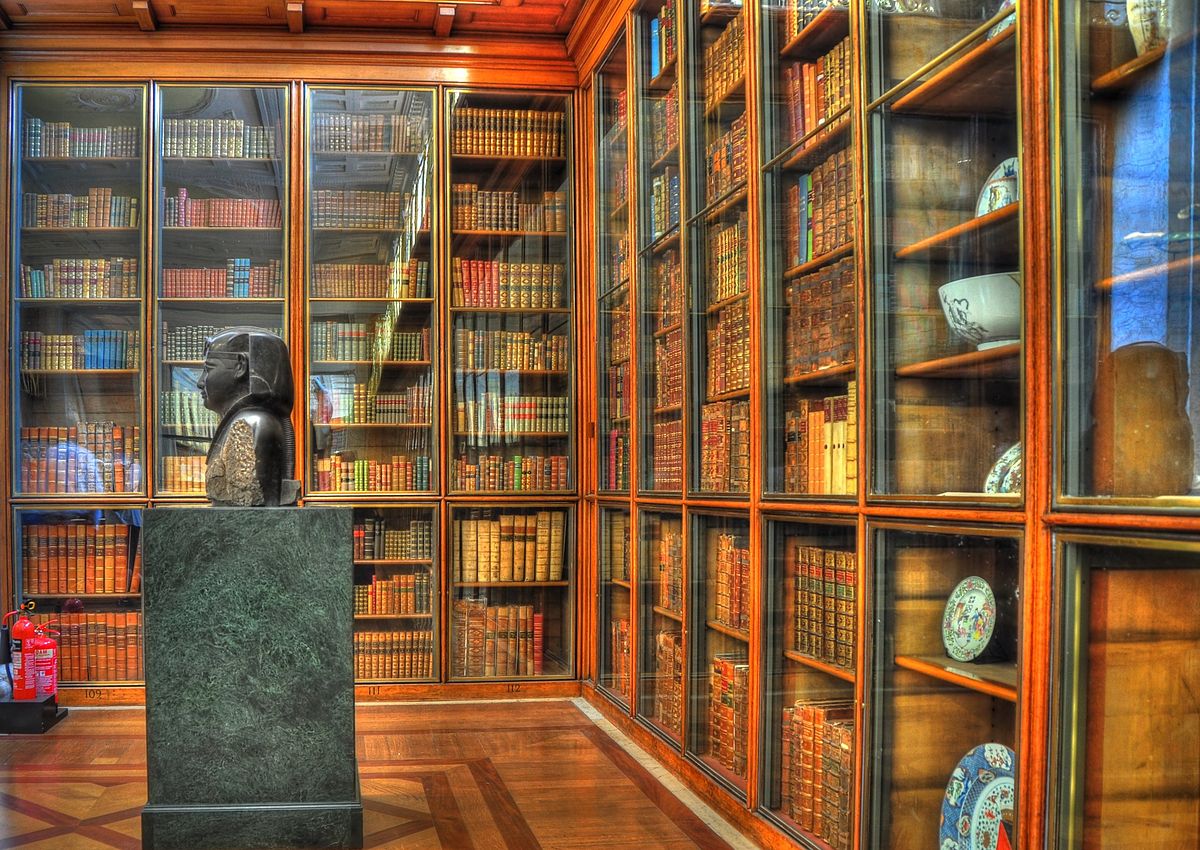
The Enlightenment remains an enduring object of historical interest and intellectual debate both in the academic world as well as amongst the wider public. The Enlightenment was characterised by an impulse towards modernity in matters of government, politics, religion and aesthetics. But was it an intellectual movement led mainly by European elites? French historian Antoine Lilti posits the Enlightenment as a space for critical debate on modernity and an ideal of emancipation through knowledge. For social and cultural historians, it was a lived experience, or a particular lifestyle as much or even more so than a set of ideas. For decades, historians have endeavoured either to claim it or to criticize it. Was the Enlightenment plural, or global? The Enlightenment also refers to a philosophical and political heritage that is still relevant today.
This course aims to introduce the students to the main concepts, values and debates of the Enlightenment, as well as to the cultural and social practices that emerged in the British worlds during the long eighteenth century. Through a selection of primary and secondary sources, this course will especially shed light on the ambivalence and contradictions of that ‘Age of Reason’ and interrogate the notions of freedom of expression, progress, toleration or democracy as well as the Eurocentric vision of the Enlightenment. Can Enlightenment debates help us understand today’s controversies over secularism, colonialism, and even over the environmental crisis or social media?
- Enseignant: Valerie Capdeville
- Enseignant: Fatima-Zohra Hedibi
- Enseignant: Riwanon Callac
Documents audio ou vidéo à réécouter ou à revoir.
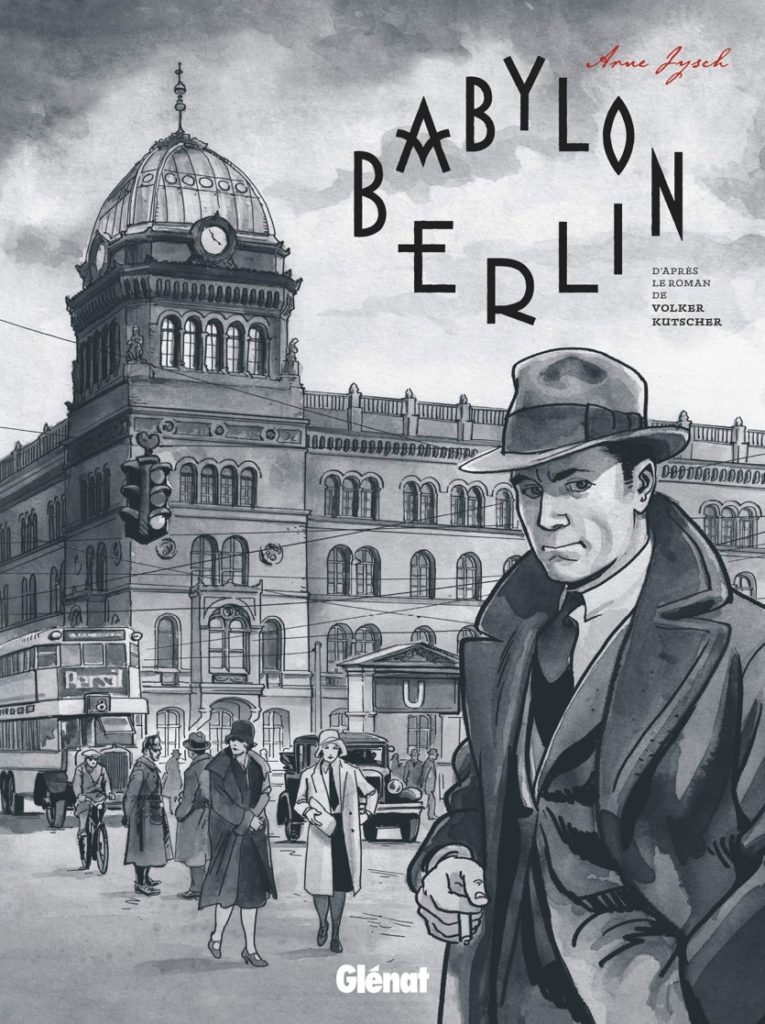
- Enseignant: Isabelle Ruiz
- Enseignant: Alexis Tautou
- Enseignant: Anne-Laure Besnard
- Enseignant: Sandrine Oriez
- Enseignant: Manon Philippe
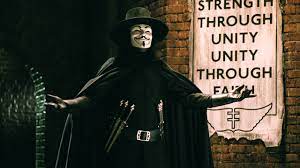
- Enseignant: Valerie Capdeville
- Enseignant: David Haigron
- Enseignant: Maggy Hary-Moussay
- Enseignant: Sophie Mesplede
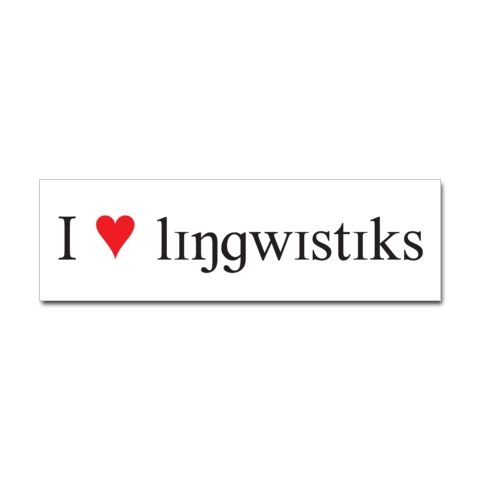
- Enseignant: Manon Philippe
- Enseignant: Lionel Souquet
- Enseignant: Lionel Souquet
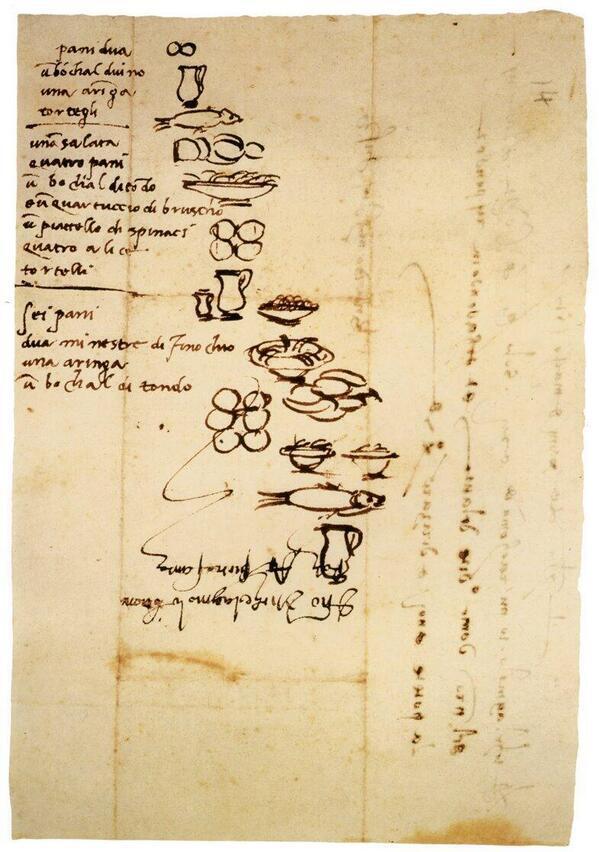
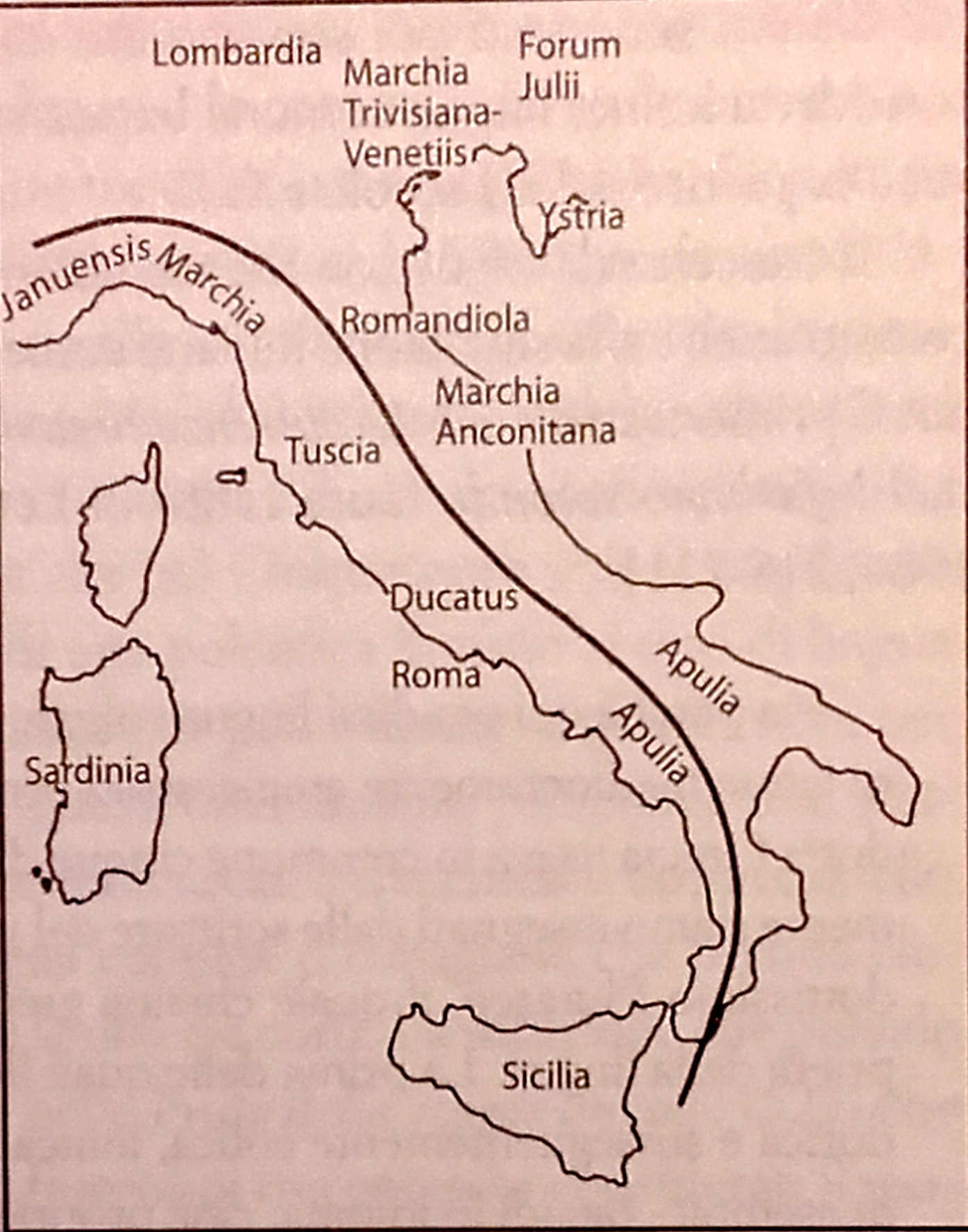
Histoire de la langue italienne et introduction à la dialectologie.
Un recueil de textes photocopiés est fourni en début de semestre par l’enseignante.
MCC :
Assidus: CC, écrit d’une heure et un devoir maison
Non assidus: oral (30mn de préparation; 20mn de passage)
- Enseignant: Claire Lesage
- Enseignant: Franck Barbin
- Enseignant: Nicolas Gluchowski
- Enseignant: Antoine Richard

- Enseignant: Katell Hernandez

- Enseignant: Katell Hernandez

- Enseignant: Katell Hernandez
- Enseignant: Magali Vidrequin

- Enseignant: Katell Hernandez

Vous pourrez notamment y trouver les informations suivantes :
- votre groupe de TD de langues
- le jour, l'heure et la salle de votre TD
- le nom de votre enseignant(e)
Vous trouverez également quelques ressources proposées par les enseignant(e)s qui vous aideront à progresser.
- Enseignant: Laurence Blivet
- Enseignant: Antonin Boustouller
- Enseignant: Olivier Coirier
- Enseignant: Gregoire Foussard
- Enseignant: Evelyne Guilloux
- Enseignant: Jean-Francois Jamoteau
- Enseignant: Audrey Le Bris
- Enseignant: Laurence Legendre
- Enseignant: Ingrid Martial
- Enseignant: Isabelle Michel-Riou
- Enseignant: Niall Murphy
- Enseignant: Zohra Nedjimi
- Enseignant: Delphine Petelet
- Enseignant: Ludivine Zajicek
The 1920s, often called the Roaring Twenties, was a decade of change and tension. It was an age of mass production and mass consumption, which meant progress but also social anxiety. The rapid industrialization and urbanization of the country led to economic prosperity but the decade ended with a major economic crash in 1929. Social progress was genuine but reactionary forces fueled the Prohibition as well as the nativist movement and the rebirth of the Ku Klux Klan. In addition to that, the fear that Communism and Socialism might spread in the United States led the government to take drastic measures, curtailing freedom of expression. The 1920s was a contrasted era, a decade of reform and reaction.
Frederick Lewis ALLEN, Only Yesterday: An Informal History of the 1920’s, New York, HarperCollins, Perennial Classics, [1931] 2000.
André KASPI, Les États-Unis au temps de la prospérité, 1919-1929, Paris, Hachette, 1994.
Sylvia LE BARS, The American Twenties, PUR, 1993
- Enseignant: Gildas Le Voguer

- Enseignant: Guy Baudelle
- Enseignant: Brieuc Bisson
- Enseignant: Valerie Bonnardot
- Enseignant: Martine Cabon
- Enseignant: Olivier David
- Enseignant: Vincent Dubreuil
- Enseignant: Arthur Ducasse
- Enseignant: Simon Dufour
- Enseignant: Cyria Emelianoff
- Enseignant: Solene Gaudin
- Enseignant: Laurence Le Du
- Enseignant: Antonin Margier
- Enseignant: Benoit Montabone
- Enseignant: Johan Oszwald
- Enseignant: Anne Ouallet
- Enseignant: Loic Rivault
- Enseignant: Julien Torchin
- Enseignant: Olivier Vergne
Enseignement 1 (12 h semestre 1)
Enseignant responsable : André Belo
Introduction théorique : Qu’est-ce qu’une capitale culturelle ?
Lisbonne du XVIe au XXe siècle. Depuis la capitale de l’empire commercial esclavagiste, à la Lisbonne de Fernando Pessoa, en passant par le grand tremblement de terre au XVIIIe s., dit « désastre de Lisbonne ». Histoire, traces, mémoire et questionnements contemporains sur ce passé.
Enseignant responsable : Arnaud Duprat
Images de Madrid, Barcelone et San Sebastian au cinéma, notamment chez P. Almodovar, M. Antonioni, C. Saura, W. Allen.
- Enseignant: Andre Belo
- Enseignant: Arnaud Duprat
Cet espace vous sert pour récupérer les supports de cours de l'UE "population spécifiques" du semestre 5 de la L3 "entrapinement sportif".
Il ne s'agit que de support et non pas de l'intégralité du cours.
Des notions importantes peuvent être données qui ne figurent pas sur le texte du diaporama.
- Enseignant: Anne Deflandre
- Enseignant: Carole Groussard
- Assistant: Emmanuel Blanchard
- Assistant: Pamela Roncelin
During the first part of the course, taught in English, a focus will be put on social mobilizations in the United States. The definition of social movements and collective action will be followed by an analysis of contemporary mobilizations : artists’ involvements in social movements (notably Act Up), feminist movements like #MeToo, and, finally Black Lives Matter. Those movements will be studied with a detailed overview of the modes action to which their participants resort and the emotions that they try to elicit in order to be heard by other citizens as well as public and private institutions.
- Enseignant: Bleuwenn Lechaux
- Enseignant: Jimena Obregon Iturra
- Enseignant: Pierre Rouxel
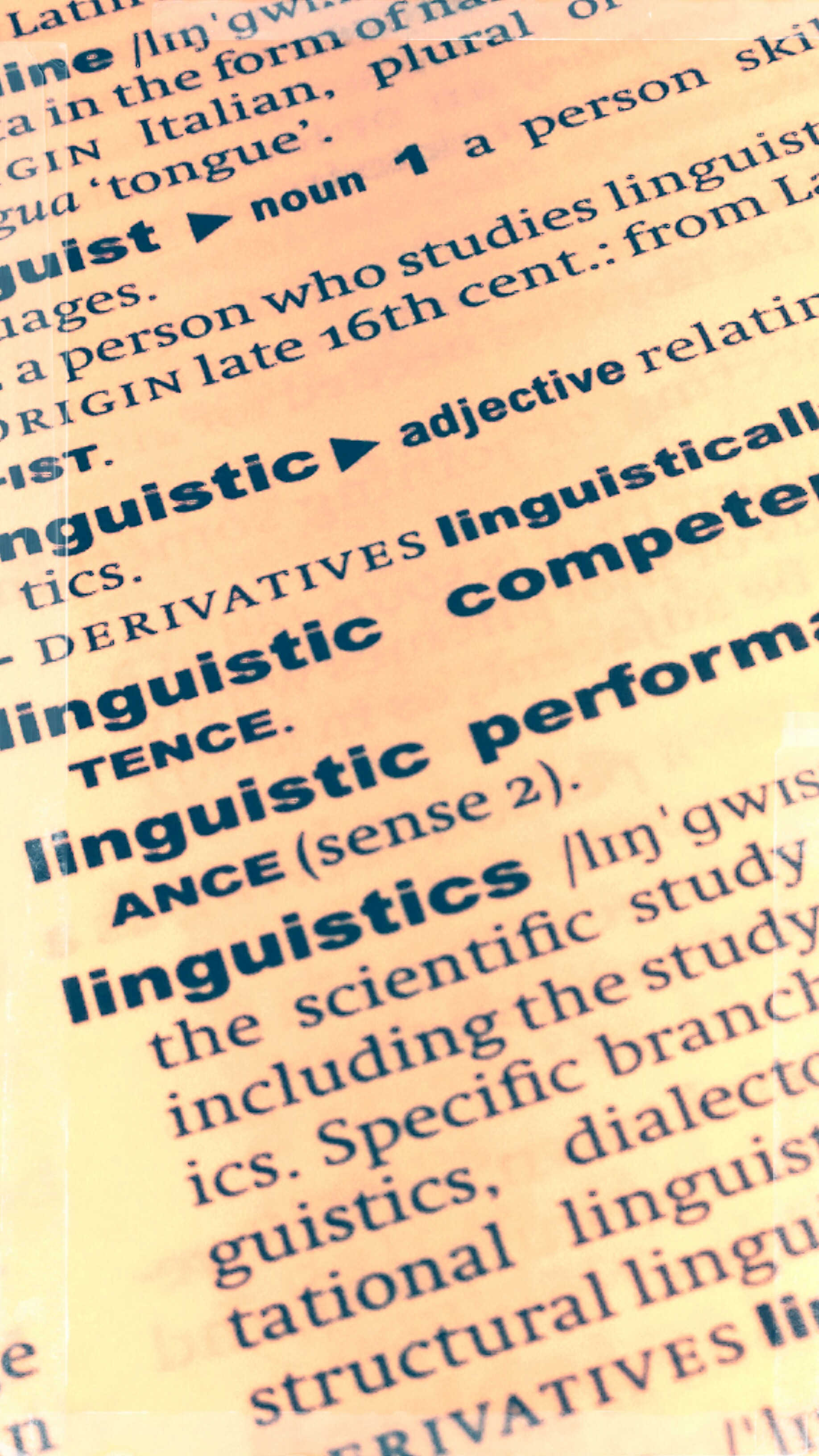
- Enseignant: Christine Evain
- Enseignant: Thomas Gaillat
- Enseignant non éditeur: Jen-Yu Li
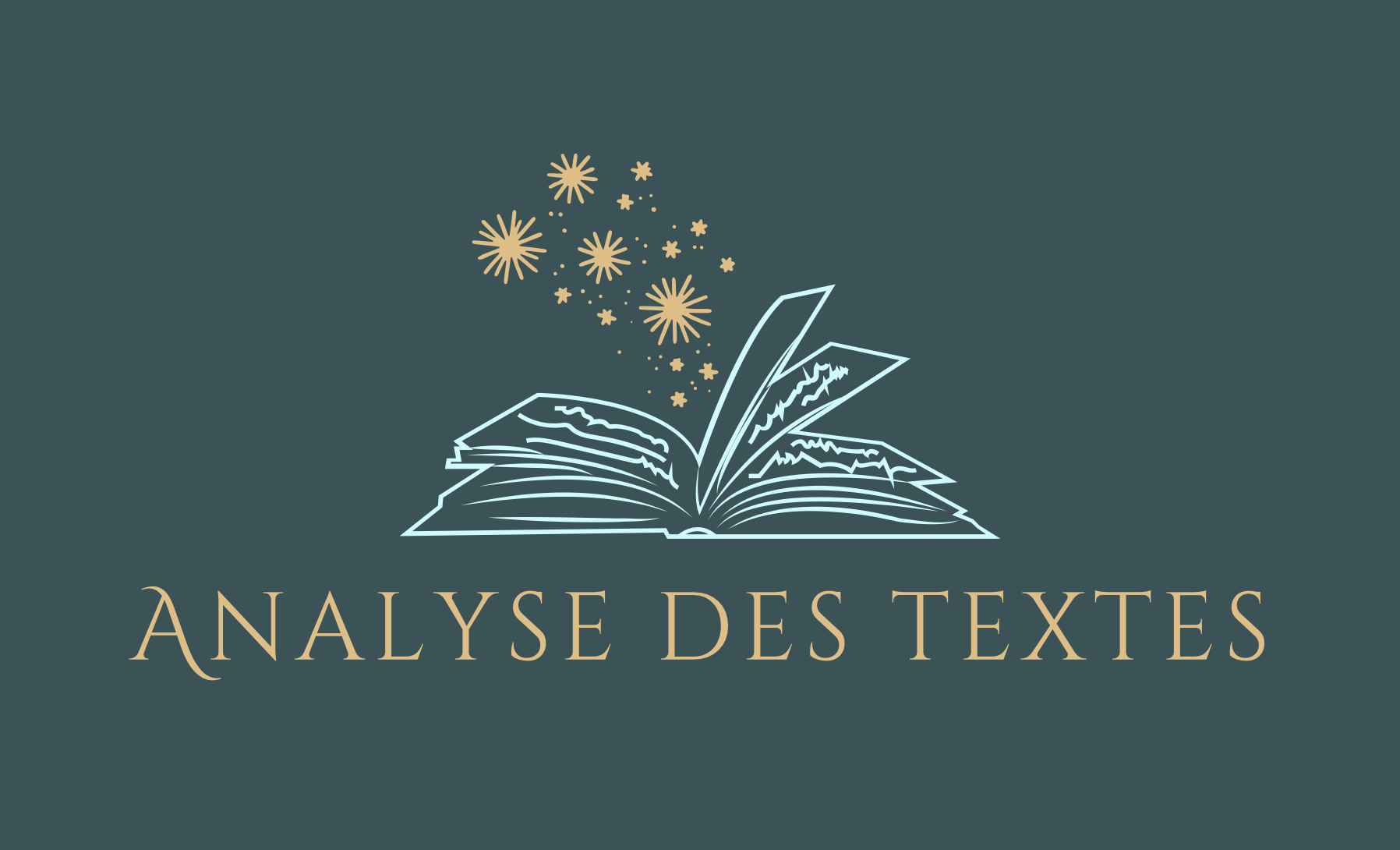
- Enseignant: David Lavanant
- Enseignant: Clara Millan Moreta
- Enseignant: Elisabeth Richard
Ce centre de ressources est réservé aux enseignant·e·s et équipes pédagogique de l'université Rennes 2.
Vous y trouverez :
- des formations aux fonctionnalités de Cursus et à la classe virtuelle ;
- des tutoriels sur l'utilisation de Cursus et de la classe virtuelle ;
- des ressources pour guider vos étudiants ;
- des ressources pour enseigner à distance.
- Enseignant: Tristan Chauveau
- Enseignant: Elsa Chusseau
- Enseignant: Helene Houtin
- Enseignant: Lucie Melayers
- Enseignant: Houda Merah
- Enseignant: Delphine Pemptroad
- Enseignant: Beatrice Puillandre
L'équipe d'écri+ de l'UR2
- Enseignant: Fanny Le Coz Dentu
- Enseignant: Gudrun Ledegen
- Enseignant: Sophie Mesplede
- Enseignant: Anne-Julia Rollet

Seuls les étudiants concernés peuvent accéder à cet espace cours.
- Enseignant: Jean-Francois Jamoteau
Supports de cours et emplois du temps de la formation des Psychologues de l'Education Nationale
- Enseignant: Maud Besancon
- Enseignant: Sophie Brunot
- Enseignant: Florence Larue
- Enseignant: Lise Lemoine
- Enseignant: Thierry Marivain
- Enseignant: Delphine Planchet

- Enseignant: Franck Barbin
- Enseignant: Julien Beaufils
- Enseignant: Katell Hernandez
- Enseignant: Jean-Paul Le Quay
- Enseignant: David Le Roux
- Enseignant: Maria Lomena
- Enseignant: Fabienne Moreau
- Enseignant: Margarita Munoz Garcia
- Enseignant: Gaelle Phuez-Favris
- Enseignant: Chantal Queniart
- Enseignant: Hugo Sylvestre
- Enseignant non éditeur: Samuel Barbier
- Enseignant non éditeur: Gabriel Lang
- Enseignant non éditeur: Helene Lepesant
- Assistant: Naufalle Al Wahab
- Assistant: Nadege Centelles
- Assistant: Valerie Dubslaff
- Assistant: Sian Ellis
- Assistant: Tanguy Fauchier
- Assistant: Timothée Gaven
- Assistant: Ellenita Gomez Ales
- Assistant: Celine Guerot
- Assistant: Jean Marie Guyot
- Assistant: Emanuela Iorio
- Assistant: Jean-Marie Le Goff
- Assistant: Valeria Pansini
- Assistant: Romane Parnet
- Assistant: Rodolphe Robin
- Assistant: Magali Vidrequin
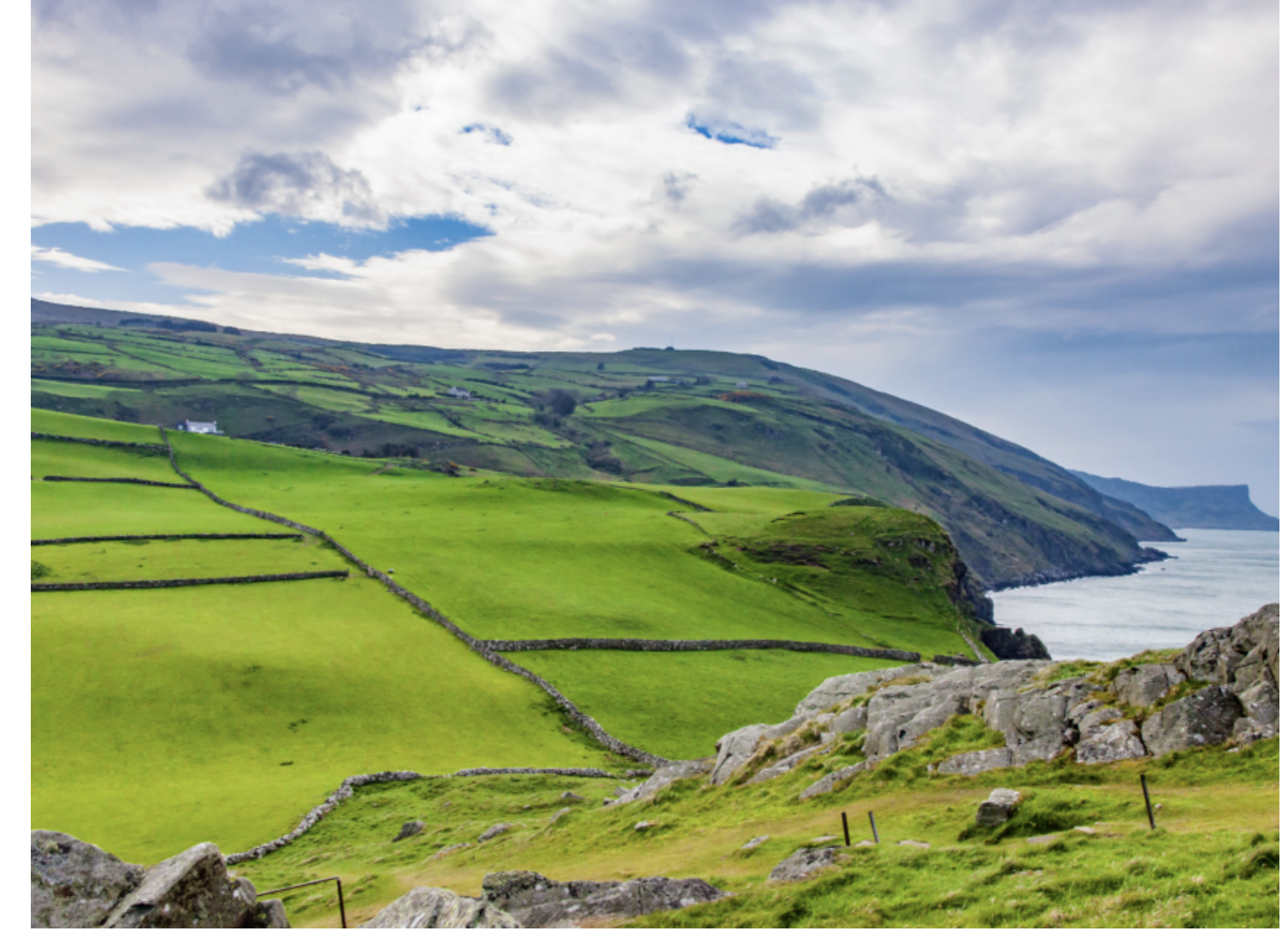
Ireland and its Peoples: Together Standing Tall? (G. O’Keeffe Vigneron, 12h): Over 70 million people worldwide can claim Irish descent as part of one of the most significant global diasporas in modern history. Many countries and regions were shaped in some way by Irish settlement, and Irish migration has been a defining feature of the history of Ireland. This course will focus mainly on the political, cultural and economic aspects of population movement out of and towards the Republic of Ireland. The notion of a diasporic identity and the theories around population movement will also be examined.
Contemporary Irish Drama and Socio-cultural Change in Ireland and Northern Ireland (M. Kolb, 12h): Since the early 1960s, three generations of playwrights have driven Irish and Northern- Irish theatre to the forefront a new artistic revival. This revival has coincided with radical social and cultural change throughout the island and abroad. Through the analysis of excerpts from a selection of contemporary Irish plays written in English, this course will examine if and how theatre aesthetics and language have mirrored and contributed to cultural and socio-political change in Ireland and Northern Ireland.
- Enseignant: Matthieu Kolb
- Enseignant: Grainne O'Keeffe Vigneron
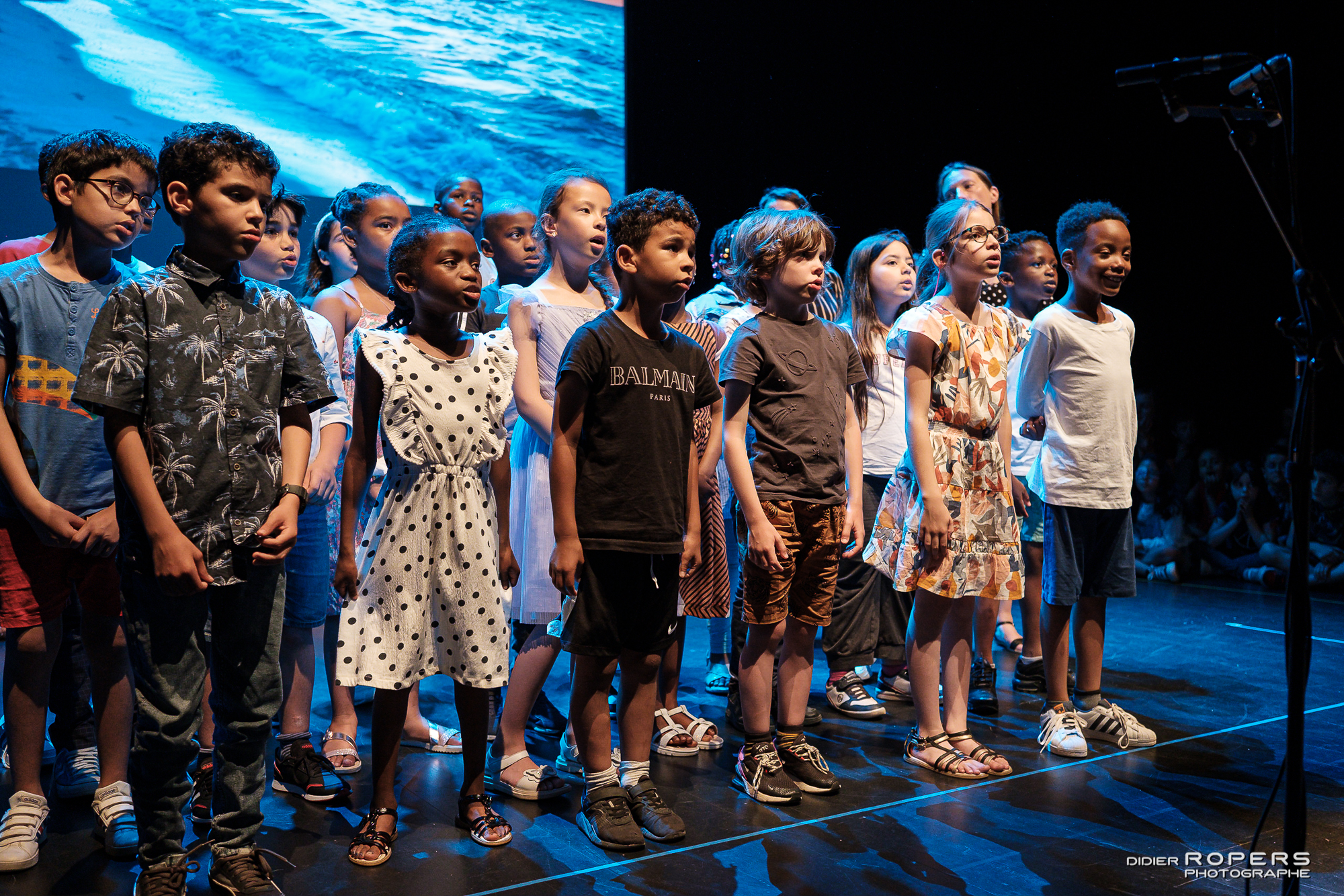
- Enseignant: Erwan Beaudouin
Cet espace cours contient la page d'accueil du diplôme de chargé de projet d'insertion.
CHERCHER 1 - Les différentes étapes d'une recherche-action
Introduction à l'épistémologie (Jean-Charles SACCHI)
La recherche-action, problèmes épistémologiques et méthodologiques (Claude MARTIN)
Introduction aux méthodes de la recherche-action (Alain PENVEN)
CHERCHER 2 - L'observation ethnographique et la description monographique
L'observation ethnographique in situ
La description ethnographique
La réalisation de la monographie
- Enseignant: Richard Blanchet
- Enseignant: Richard Blanchet
- Enseignant: Radu Negura-Bichir
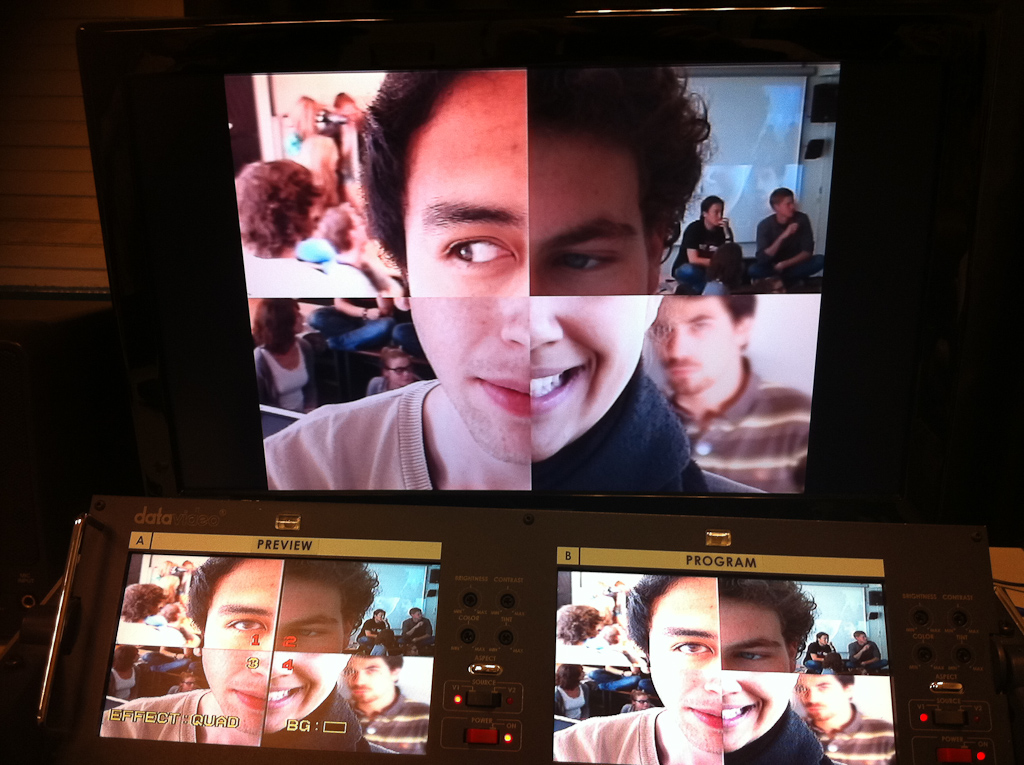
Espace commun servant a centraliser les informations générales de la licence Pro TAIS/CIAN.
- Enseignant: Pauline Burguin
- Enseignant: Clement Dufloux
- Enseignant: Simon Guyomard
- Enseignant: Lucie Hardoin
- Enseignant: Julien Henocq
- Enseignant: Leonardo Hoyos Mejia
- Enseignant: Jean-Francois Jamoteau
- Enseignant: Guillaume Le Du
- Enseignant: Patrick Le Goff
- Enseignant: Gilbert Louet
- Enseignant: Niall Murphy
- Enseignant: Frederic Pachot
- Enseignant: Julian Palacino Garrido
- Enseignant: Eric Refsi
- Enseignant: Amelie Rouleau
- Enseignant EAD: Jean-Marc Loisil